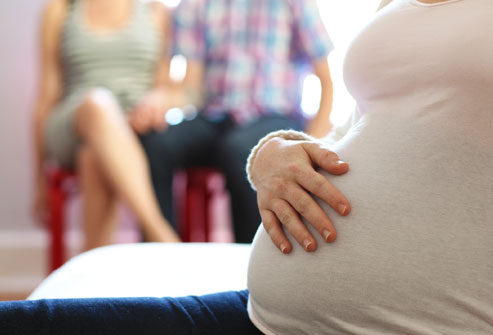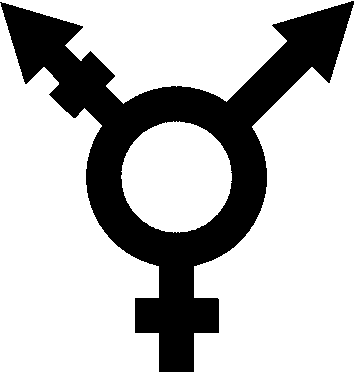The Pro-Life Campaign (PLC) has said it is reassured by a recent poll on abortion. Responding to the IrishTimes/Ipsos MRBI poll on whether the constitutional protection for the unborn should be repealed, and what should then replace it, Dr Ruth Cullen of the PLC said the breakdown in figures of those supporting or opposing abortion on demand showed that a majority do not favour abortion on demand. “The poll clearly shows that 73% of respondents do not want unrestricted access to abortion in Ireland, along the lines of what the ‘Repeal’ campaign is looking for,” she said. In the study, it was found that 18% of respondents said the protection for the unborn should not be repealed, 55% said it should be repealed to allow for limited access to abortion in the cases of rape and foetal abnormality, only 19% said it should be repealed to allow for abortion in almost all cases requested, as in Britain, while 8% had no opinion.


















